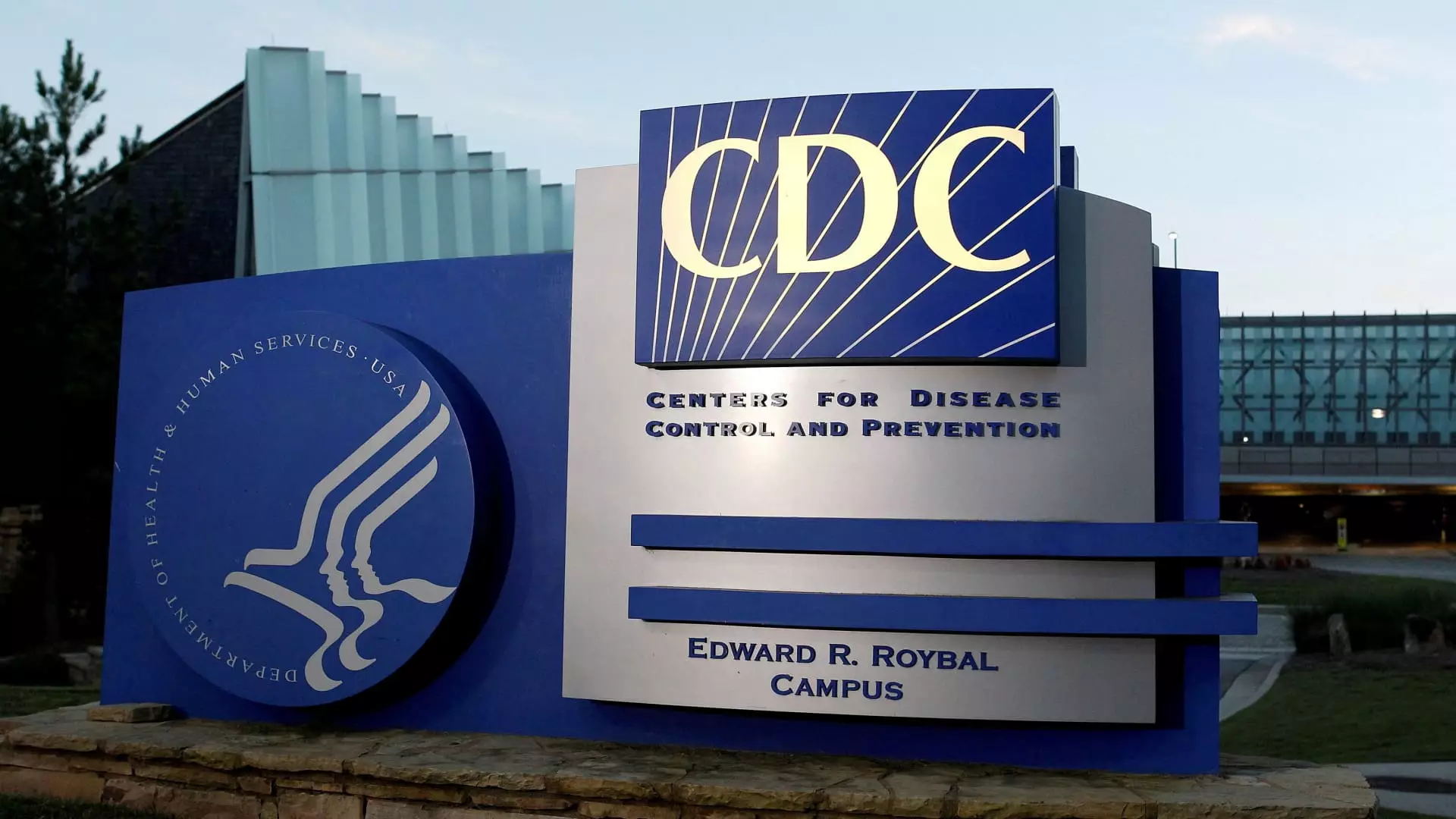In an unsettling development that raises serious concerns about public health, the Biden Administration’s handling of vaccine policy has taken a worrisome turn. The recent reshuffling of the Advisory Committee on Immunization Practices (ACIP) by Health and Human Services Secretary Robert F. Kennedy Jr. introduces several prominent vaccine skeptics into positions of influence. This maneuver harks back to a time when evidence-based medicine was the stalwart sidelined by a cacophony of conspiracy theories, misinformation, and outright denial of science. Under the previous structure, ACIP represented a rigorous and reliable commentator on vaccine efficacy and safety; now, it risks being overshadowed by questionable opinions driven more by ideology than by empirical data.
The mere act of appointing critics of vaccines to an advisory panel dedicated to their promotion is, quite frankly, baffling. Are we really prepared to place such vital health recommendations in the hands of individuals who have repeatedly cast doubt on their efficiency and safety? The skeptical mindset espoused by new appointees, like Dr. Martin Kulldorff, who stated, “Vaccines are not all good or bad,” suggests an attempt to apply a veneer of neutrality to a matter that should be firmly grounded in scientific consensus. For those of us who place our faith in research and established medical practice, it feels like navigating through murky waters while clinging to a rapidly eroding sense of security.
The Shadow of Discrediting Science
It is alarming that figures like Dr. Robert Malone, self-proclaimed as pivotal in the creation of mRNA technology yet steeped in discredited claims about COVID-19 vaccines, are now shaped into the face of vaccination policy. Such appointments signal a troubling prioritization of popularity over scientific integrity. Credit should go to those tirelessly advocating for proven medical interventions, not to those leveraging misinformation for personal notoriety. It raises the question: what happened to the ethos of science and responsibility?
When one considers the biases of some committee members, including Retsef Levi’s unfounded assertions linking mRNA vaccines to serious health risks, the danger becomes clear. Vaccine hesitancy has surged in recent years, fueled by social media and echo chambers where misinformation can thrive. We are now witnessing the consequences of prioritizing individual opinions and personal beliefs over established science. This shift in focus represents a fundamental misunderstanding of the greatest accomplishments of modern medicine.
The Influence of Conflicts of Interest
Unquestionably, conflicts of interest on advisory boards are a matter of concern. The revelations regarding member Vicky Pebsworth, a nurse affiliated with the National Vaccine Information Center—a known disseminator of anti-vaccine rhetoric—raises ethical alarms. Pebsworth’s ownership of stock in pharmaceutical companies involved in vaccine development, which she claims falls below thresholds for conflict, only deepens my apprehension about transparency in such appointments. Financial interests entwined with public health guidance can easily breed mistrust—a landscape familiar to those skeptics who resisted vaccines in the first place.
Public health demands unequivocal commitment to impartiality, and the appointments made under Kennedy’s leadership threaten to undermine the credibility of the CDC, putting at risk the core mission of safeguarding the health of the populace. Recommendations should be based on unwavering scientific evidence, not the subjective perspectives of those with dubious allegiances.
The Looming Question of Vaccine Policy
As ACIP prepares to evaluate critical vaccine data on COVID-19 and RSV shots, the unity of scientific principles and public trust hang in the balance. The looming vote on RSV recommendations has ramifications beyond the immediate scope—implicating children, families, and community health at large. It is perplexing how we have arrived at a juncture where the qualification of experts is now up for debate based on personal beliefs rather than clinical acumen.
In a world grappling with the persistence of misinformation, the Biden Administration needs to recalibrate its approach, ensuring that public health guidelines emanate from qualified experts whose primary allegiance lies with credible science. A robust health framework could easily be compromised if we normalize opportunistic perspectives swaying the committee’s recommendations. Protecting the health of millions demands vigilance, not naïveté masked as openness.


Leave a Reply